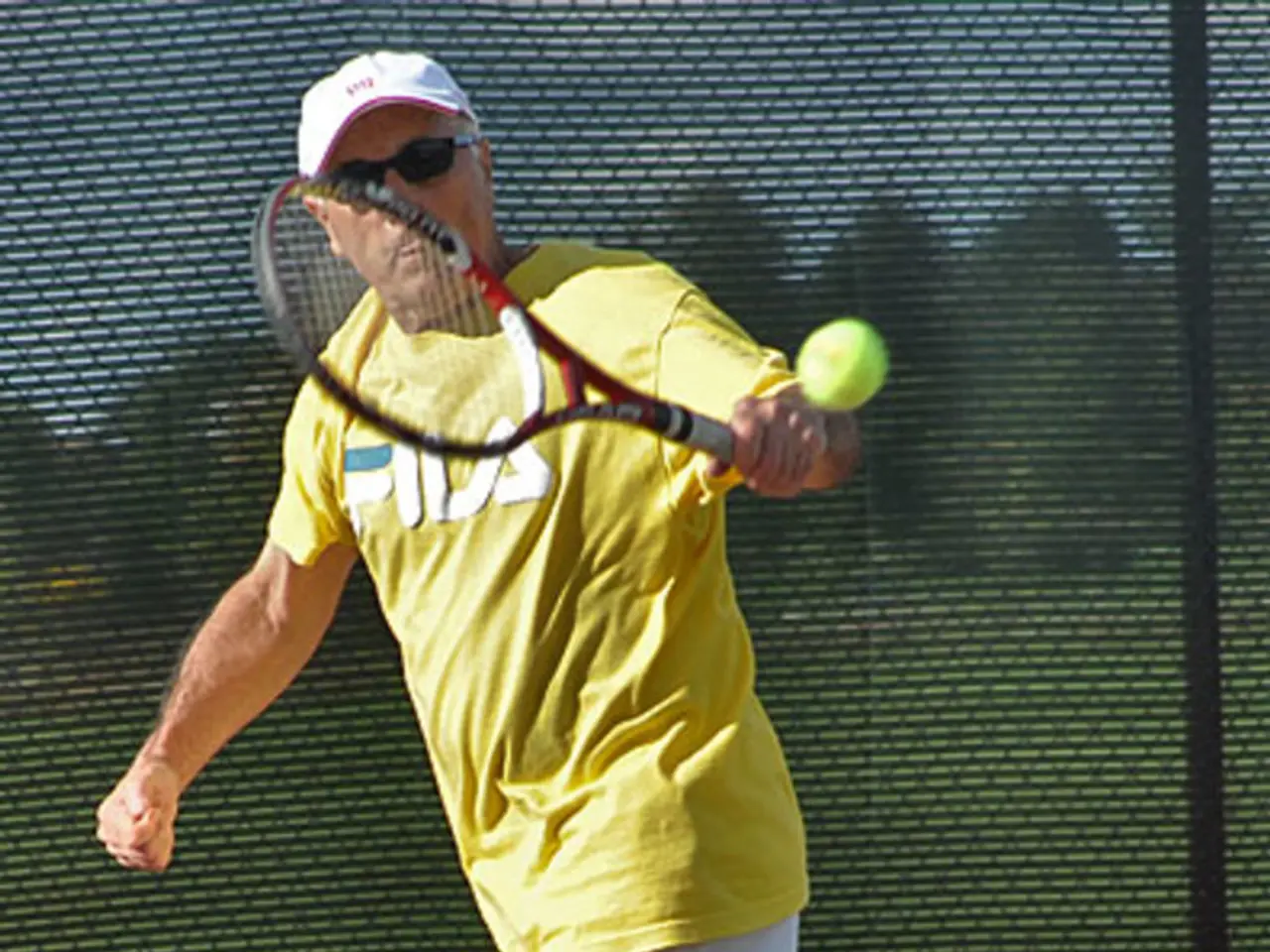Improve Your Game with Top-Tier Tennis Footwear
In the world of tennis, having the right equipment can make all the difference. One essential piece of gear that often gets overlooked is the shoe. Tennis shoes are designed with specific features to cater to the demands of the sport, setting them apart from regular sneakers.
For instance, grip and traction are crucial in tennis, and tennis shoes are equipped with specialized outsoles that provide enhanced grip on tennis courts. Regular sneakers, on the other hand, usually lack this specific traction.
Tennis shoes are also built to offer greater lateral support and stability, essential for handling the side-to-side movements common in tennis. Regular sneakers typically have more general support, often more suited for forward motion like walking or casual use.
Sole construction is another key difference. Tennis shoes have firmer soles that resist twisting and offer protection from the stresses of pivoting and pushing off sideways. Regular sneakers often have softer, more flexible soles meant for comfort or straight-line motions, which can cave or break down if pushed laterally as required in tennis.
Durability is another factor to consider. Tennis shoes use materials optimized for abrasive court surfaces, making them more durable under the unique wear conditions of tennis play. Regular sneakers may wear out faster under such conditions.
When it comes to choosing tennis shoes, it's important to consider support, durability, and speed, as well as features like midsole support or heel support for a more secure fit and feel.
The K-Swiss Hypercourt Express 2, priced at $120 on Amazon and $120 on K-Swiss's website, is a suitable option for beginners, offering stability, support, and a comfortable fit. The K-Swiss Ultrashot 4, praised for its durability, traction, and stability, is a popular hard-court tennis shoe.
For clay courts, the Adidas adizero Ubersonic 5 Clay, priced at $150 on Adidas's website, boasts a tight herringbone pattern on its sole for optimal grip. The Asics Solution Speed FF 3, priced at $120 on Amazon and $140 on Asics's website, is a suitable option for artificial courts, with a design that provides excellent grip and support for quick, unpredictable movements.
The K-Swiss Ultrashot 3 Grass, featuring a sole with cleat-like prongs for gripping the court's surface, is a suitable option for grass courts. The Nike Zoom Vapor 12, a versatile tennis shoe suitable for playing on different surfaces, offers maximum durability, an extra grippy outsole, and lightweight construction.
Fashion sneakers and running shoes are technically allowed but not recommended due to their lack of support and the risk of tripping and falling. The Fila Axilus 3, priced at $130 on Amazon, is stylish with a retro-inspired look and multiple colorways available. The New Balance Coco Delray, inspired by two-time Grand Slam winner Coco Gauff, is designed for durability, support, and speed, and available in navy and white color combo.
Lastly, finding a comfortable shoe that fits correctly is key. For players with wide feet, it's recommended to look for shoes that come in multiple widths and have a roomy toe box.
In summary, tennis shoes combine grip, lateral support, firm soles, and durability for court performance, whereas regular sneakers are more generalized footwear without these sport-specific features. When choosing a tennis shoe, consider the surface you'll be playing on, your level of play, and your comfort and support needs.
Sports news suggests that tennis shoes are essential for optimal performance on the court, offering enhanced grip, lateral support, and firm soles to withstand the demands of the sport. In contrast, regular sneakers tend to lack the specific traction and support required for tennis, their softer soles typically better suited for forward motion or casual use.







